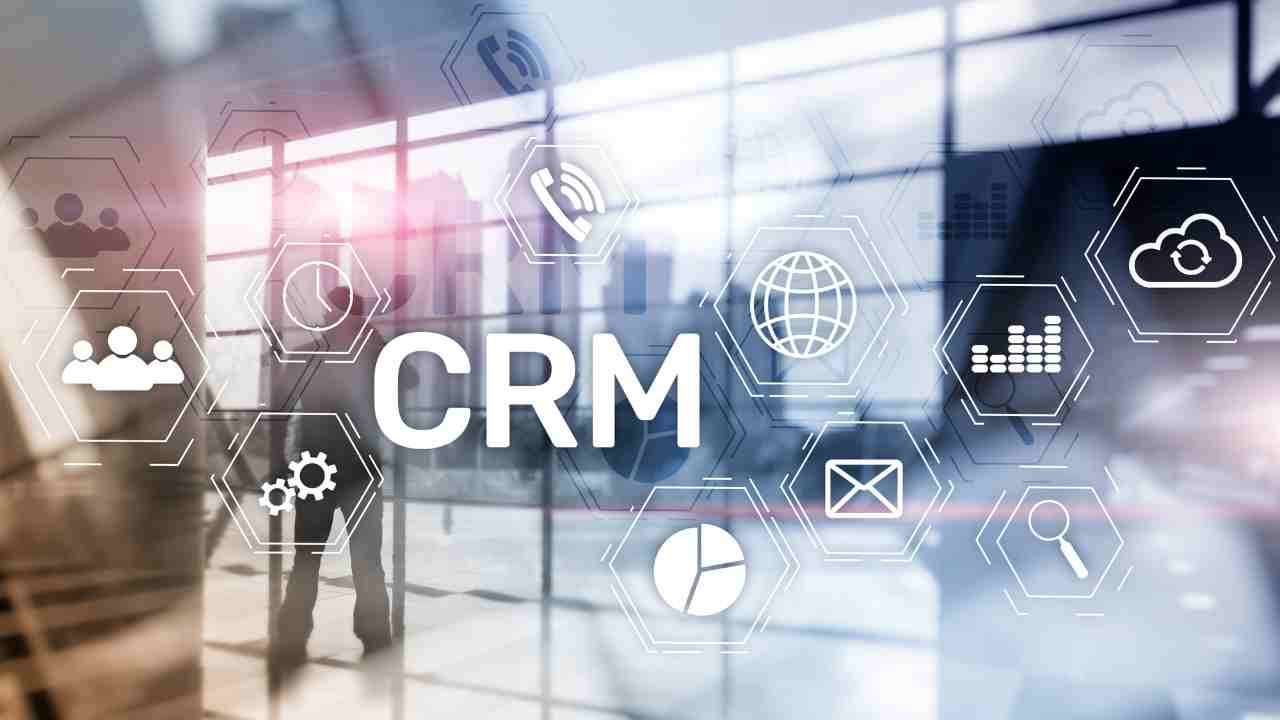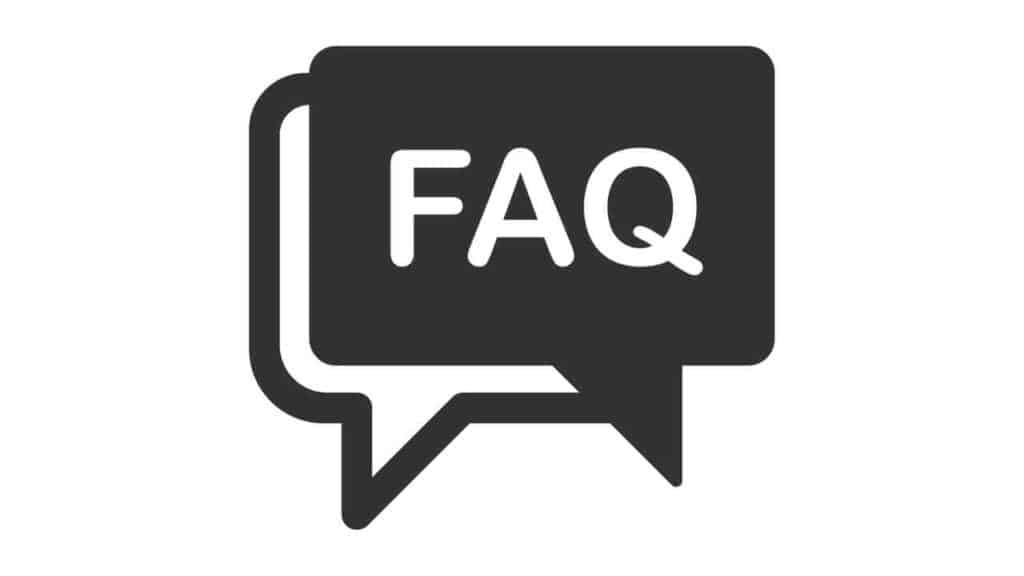CRM Software Features and Functionality

Customer Relationship Management (CRM) software has become an essential tool for businesses of all sizes. It helps companies manage their interactions with customers, streamline sales processes, and improve overall customer satisfaction. With the increasing demand for CRM software, there are numerous options available in the market, each offering a range of features and functionalities. In this article, we will explore the key features and functionalities of CRM software and how they can benefit businesses.
1. Contact Management
One of the fundamental features of CRM software is contact management. It allows businesses to store and organize customer information in a centralized database. This includes contact details, communication history, purchase history, and any other relevant information. With contact management, businesses can easily access customer information, track interactions, and have a comprehensive view of each customer’s journey.
For example, let’s consider a small e-commerce business. With CRM software, they can store customer details such as name, email address, phone number, and shipping address. They can also track the customer’s purchase history, including the products they have bought and the dates of purchase. This information can help the business personalize their communication and offer tailored recommendations based on the customer’s preferences.
2. Sales Automation
CRM software offers sales automation features that help businesses streamline their sales processes. These features include lead management, opportunity tracking, and sales forecasting. By automating repetitive tasks and providing a clear overview of the sales pipeline, CRM software enables sales teams to focus on closing deals and building relationships with customers.
For instance, a salesperson can use CRM software to track leads and assign them to the appropriate sales representative. The software can also provide reminders for follow-ups and send automated emails to nurture leads. Additionally, CRM software can generate reports and forecasts based on historical data, helping businesses make informed decisions and set realistic sales targets.
3. Customer Service and Support
CRM software plays a crucial role in enhancing customer service and support. It allows businesses to track customer inquiries, complaints, and feedback in a centralized system. This ensures that customer issues are addressed promptly and efficiently, leading to improved customer satisfaction and loyalty.
For example, a customer contacts a company’s support team with a complaint. With CRM software, the support representative can access the customer’s information and previous interactions, enabling them to provide personalized assistance. The software can also automate ticketing and escalation processes, ensuring that customer issues are resolved in a timely manner.
4. Marketing Automation
CRM software often includes marketing automation features that help businesses streamline their marketing campaigns and improve lead generation. These features include email marketing, lead scoring, and campaign management. By automating marketing tasks and tracking customer interactions, CRM software enables businesses to deliver targeted and personalized marketing messages.
For instance, a business can use CRM software to segment their customer database based on demographics, purchase history, or engagement level. They can then send personalized email campaigns to specific customer segments, increasing the chances of conversion. CRM software can also track customer responses to marketing campaigns, allowing businesses to measure the effectiveness of their marketing efforts.
5. Integration and Customization
CRM software offers integration and customization options to meet the specific needs of businesses. Integration with other software applications, such as email clients, project management tools, and accounting software, allows businesses to streamline their workflows and avoid duplicate data entry.
For example, a business can integrate their CRM software with their email client, enabling them to track email communications directly within the CRM system. This eliminates the need to switch between different applications and ensures that all customer interactions are recorded in one place.
Customization options allow businesses to tailor the CRM software to their unique requirements. They can customize fields, workflows, and reports to align with their business processes. This flexibility ensures that businesses can adapt the CRM software to their specific needs and workflows.
Get Your FREE 14-Day Trial and Take Your Business To The Next Level with an All-In-One Sales and Marketing Platform for businesses, agencies and marketers.
CRM software offers a wide range of features and functionalities that can benefit businesses in various ways. From contact management to sales automation, customer service, and marketing automation, CRM software helps businesses streamline their processes, improve customer satisfaction, and drive growth. Integration and customization options further enhance the usability and adaptability of CRM software.
When choosing a CRM software, businesses should consider their specific requirements, budget, and scalability. It is also important to select a reputable provider that offers reliable support and regular updates. With the right CRM software in place, businesses can effectively manage their customer relationships and achieve their sales and marketing goals.
Visit https://SaasExpert.ca – Your All-In-One Sales and Marketing Platform for small businesses, agency owners, and marketers.
Learn more about “The Benefits of Integrating CRM Software” right here.
Frequently asked questions about CRM Software Features and Functionality.

What core features should I expect from a standard CRM software? 🧐
At its heart, a CRM software is designed to manage and nurture customer relationships. Here are the core features you should expect:
Contact Management: Store and retrieve customer information like name, address, purchase history, and interactions. It’s like a digital Rolodex! 📇
Interaction Tracking: Log every touchpoint – be it calls, emails, or meetings – with customers. 📞📧
Lead Management: Track and manage potential customers (leads) from the first interaction till they convert into paying customers. 🚀
Email Integration: Connect your CRM to your email system for streamlined communication. 💌
Reports and Dashboards: Visualize data and insights about sales, customer behaviors, and more. 📊
These features form the backbone of a CRM system, ensuring you have a holistic view of every customer. 👥
How do CRM features cater to sales automation and optimization? 💼
CRM systems have evolved to be powerhouses for sales teams! Here’s how:
Sales Forecasting: Use historical data to predict future sales trends. Helps in informed decision-making. 🔮
Opportunity Management: Track sales opportunities with details like deal size, stage, and probability of closure. 💡
Pipeline Visualization: See the entire sales funnel at a glance – from lead generation to deal closure. 📈
Automated Tasks and Reminders: Set tasks, follow-ups, and meetings automatically. Never miss a beat! 🛎️
Quote and Order Management: Create, send, and track quotes or orders right from the CRM. 📄✍️
With these functionalities, sales teams can automate mundane tasks, focus on selling, and optimize their strategies! 🎯
How do modern CRM systems support marketing efforts? 🎨
Modern CRM systems go hand-in-hand with marketing initiatives, offering:
Segmentation Tools: Group customers based on behaviors, preferences, or demographics for targeted campaigns. 👥🔍
Campaign Management: Plan, execute, and track marketing campaigns across various channels. 🚀
Email Marketing Integration: Design and send newsletters, promotional mails, and track their success. 💌
Landing Page Integrations: Connect landing pages to capture leads directly into the CRM. 🌐
Analytics and Reporting: Measure the success of marketing campaigns and understand ROI. 📊
Integrating marketing with CRM ensures that your efforts are data-driven, personalized, and effective! 🌟
How can a CRM system help with customer service and support? 🤝
A CRM isn’t just about sales and marketing; it’s a boon for customer service teams too! Here’s how:
Ticketing System: Log, track, and manage customer support queries or complaints. 🎫
Knowledge Base Integration: Offer self-help resources to customers, reducing support load. 📚
Customer History Access: Equip support agents with complete customer interaction history for context-rich support. 📜
Automated Responses: Send instant acknowledgments or basic troubleshooting steps automatically. ⚙️
Feedback Collection: Capture customer feedback post-resolution to continuously improve. 📩
By ensuring swift and informed responses, CRM systems elevate the customer support experience! 💖
Are there any advanced features in CRM systems that cater to specific industries or needs? 🚀
Absolutely! Many CRM systems now offer industry-specific features or functionalities that cater to niche requirements. For instance:
Real Estate CRMs might have property listing integrations and virtual tour schedulers. 🏠
E-commerce CRMs can have shopping behavior analysis, cart abandonment tracking, and loyalty program management. 🛍️
Event Management CRMs could feature event registration, ticketing, and attendee tracking. 🎟️
Healthcare CRMs may offer patient appointment scheduling, treatment history tracking, and medication reminders. 🩺
It’s essential to choose a CRM that aligns not just with generic business needs but also with industry-specific requirements. Tailored solutions offer the best results! ✂️👌







